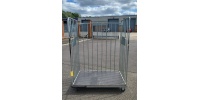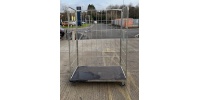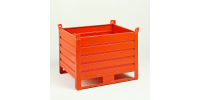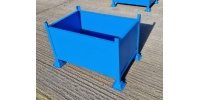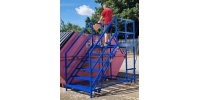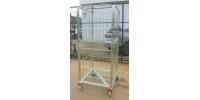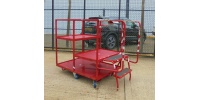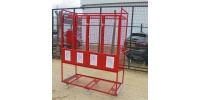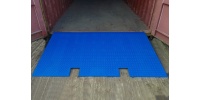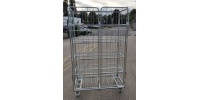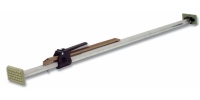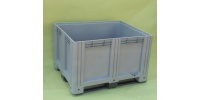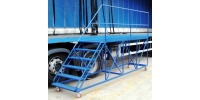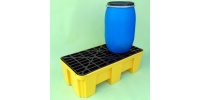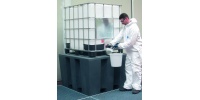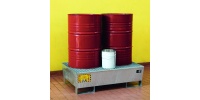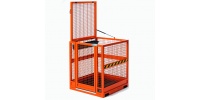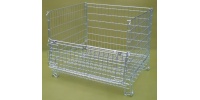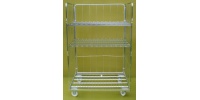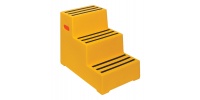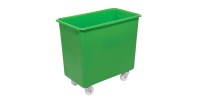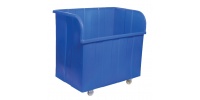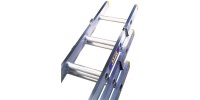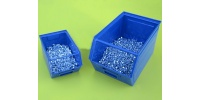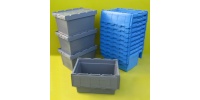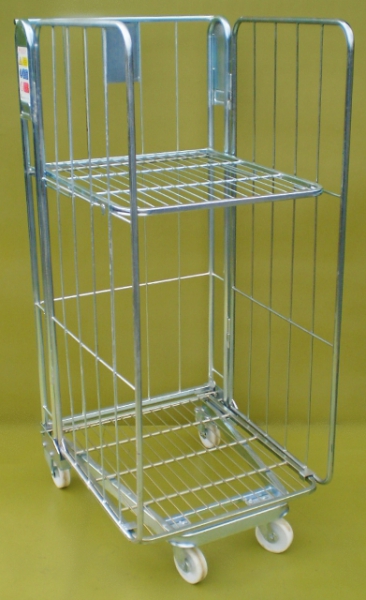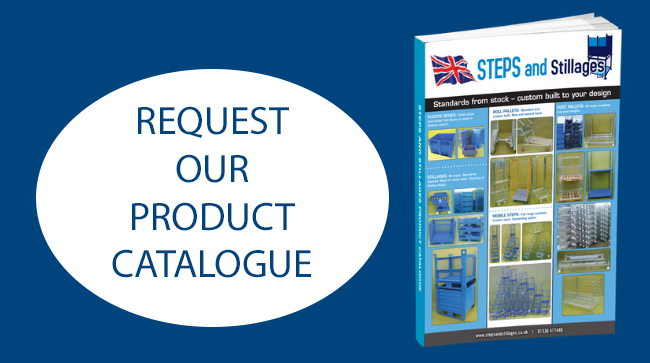They may appear inconspicuous, but those castors attached to your trolleys, carts and roll cages have more unique attributes than you might think. The choice of material - whether nylon, rubber, or steel - for your castors can depend on multiple factors; most importantly, what the platform is intended to be used for within your business. What kind of floor will these wheels be moving on? What kind of products will they be helping to transport? How heavy might the load be? These are the vital questions to ask. Here's how choosing the right castor material can have a big impact on your specific process and overall goals:
Load Bearing Capacity
Greater carrying weights will require larger diameter castors to cope with the extra pressure on the castors themselves and the floor surface. This is less about the actual strength of the castor than about it being able to spread the weight evenly as it moves over the surface. Larger castors also make it easier for operatives to control larger and heavier platforms, especially on smooth floors without much surface friction.
Floor Surface Material
Rubber castors are durable enough to accommodate large loads while also protecting sensitive resin flooring, which may be scratched and dinted by steel over time. Rubber itself is an incredibly sturdy material despite its softer texture and has no problems transporting most heavier loads. Carbon steel is the best option for castors when it comes to pure strength of the material, and these are well suited to tarmac and poured concrete floors, as well as outdoor surfaces. You may wish to use stainless steel castors for trolleys intended for hygienic environments – in laboratories, hospitals, food and pharmaceutical production facilities, commercial kitchens etc.
Noise Management
If noise is an issue for you - and it certainly could be for employees who have to be around it all day - rubber is a good choice as it dampens sound and can transport your goods relatively quietly compared to other materials. Rubber castors are frequently used on the heavy-duty trolleys and roll cages used in supermarkets.
Nylon castors should be considered as arguably a better option than steel for low-noise environments while capable of similar feats. Incredibly strong, nylon castors can help transport exceptionally heavy goods without being too noisy or damaging to your floors. Having been in use for almost a century now, nylon castors are still incredibly popular in industrial, commercial and retail settings, and are the castor of choice for many shopping trolleys.
Nylon Or Rubber?
Nylon and rubber castors are often used interchangeably on soft floor surfaces and noise-controlled environments. Where nylon castors may falter in comparison to rubber, however, is that they are less effective on uneven terrain (e.g. large retail carparks, outdoor garden centres) or in higher temperatures (e.g. horticultural propagation warehouses and commercial greenhouses). Whereas rubber can function effectively in these situations thanks to its exceptional durability, nylon is often restricted to flat and steady indoor surfaces, where it is hard to beat.
What Next?
Your decision on the best castor material will come down to the specific requirements of your own business. For more information, Steps and Stillages can help fill in the blanks and provide a quality tested castor product that will be prepared for anything you want to throw at it. Please get in touch to find out more.

